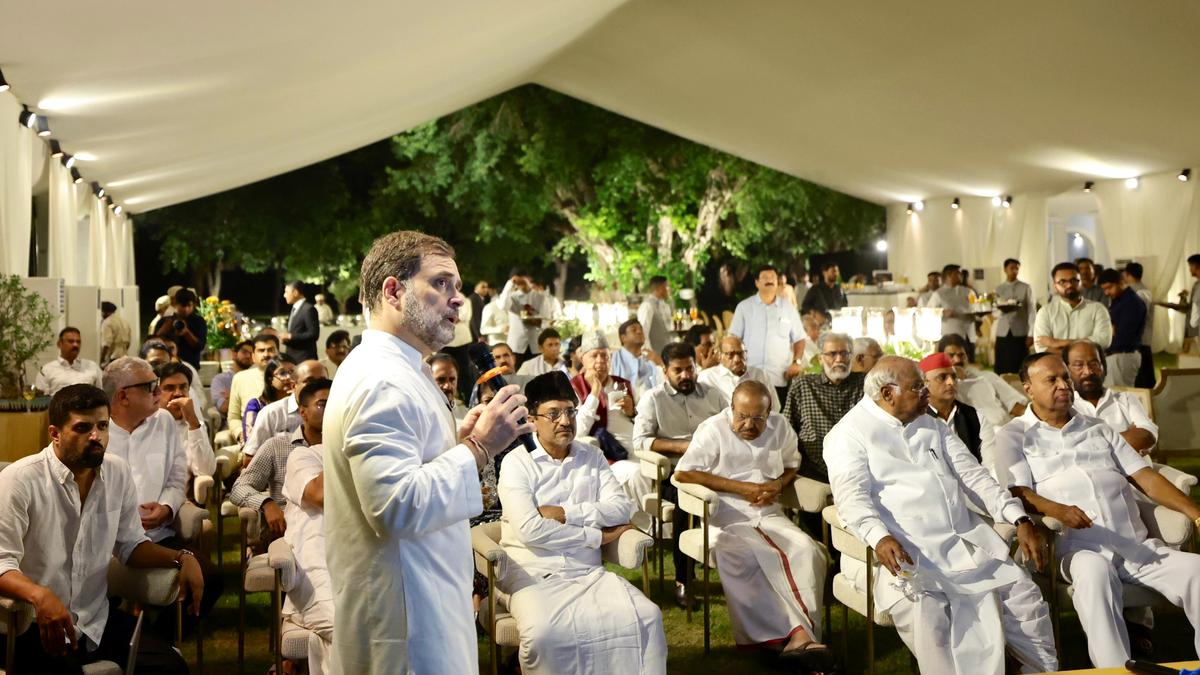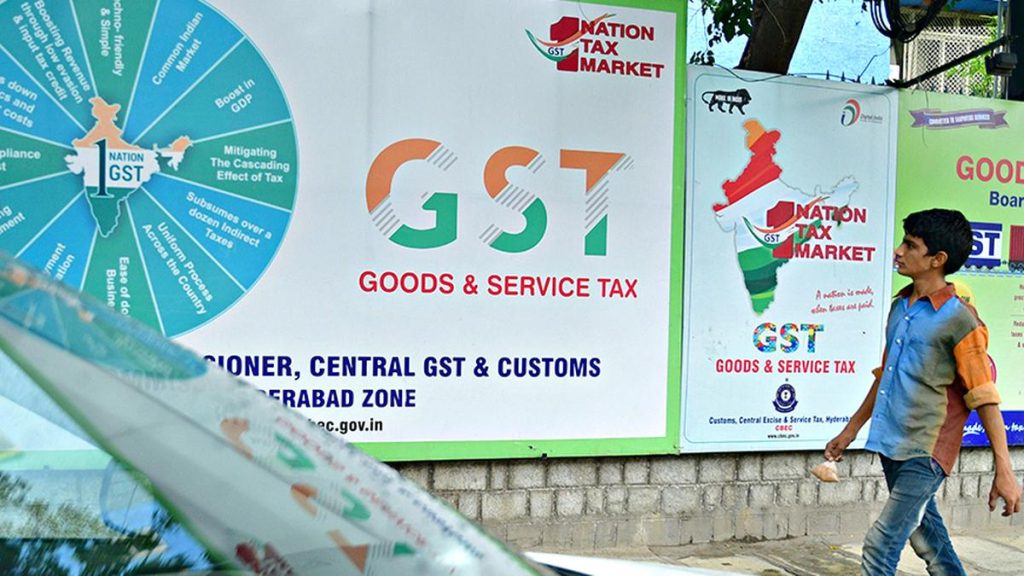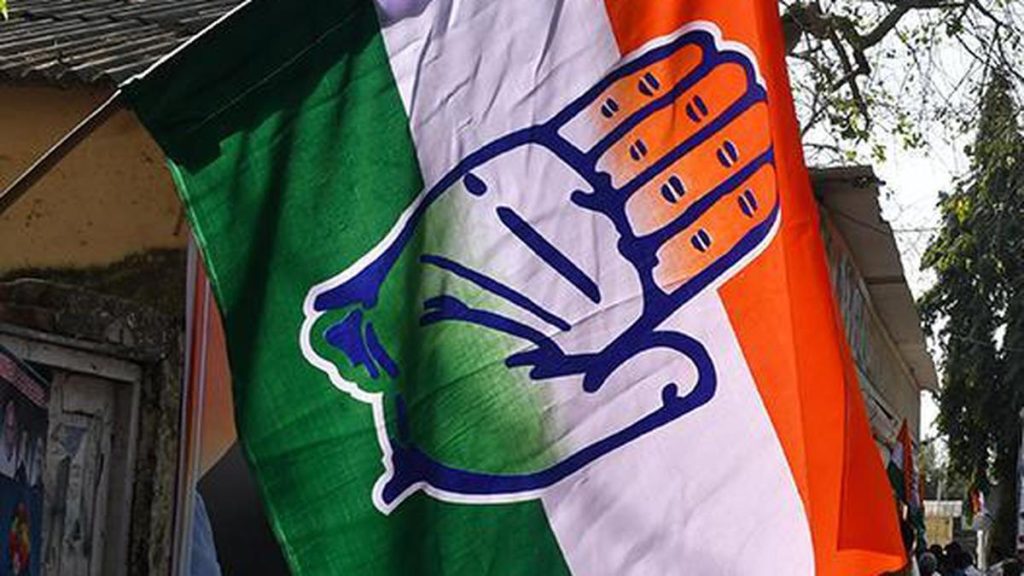Now Reading: INDIA Bloc to Contest Vice-Presidential Polls
-
01
INDIA Bloc to Contest Vice-Presidential Polls
INDIA Bloc to Contest Vice-Presidential Polls

Rapid Summary
- Leaders of the Indian national Developmental Inclusive Alliance (INDIA) agreed to field a candidate for the Vice-Presidential election despite lacking sufficient numbers to win, aiming to force a contest.
- The decision was made during a dinner meeting hosted by Congress leader Rahul gandhi.
- This was INDIA bloc’s first physical meeting in 14 months-the previous one occurred on June 1, 2024.
- The Election Commission notified the Vice-presidential election; nominations must be filed by August 21.
- INDIA bloc leaders plan a joint rally in Bihar regarding discrepancies in the Special Intensive Revision (SIR) of electoral rolls. They allege it is an attempt to omit eligible voters. Street campaigns across Bihar will run from August 10 to September 1.
- Rashtriya Janata Dal leader Tejashwi Yadav highlighted flaws found in draft electoral rolls published on August 1 during his briefing at the meeting.
- Former J&K Chief Minister Farooq Abdullah called for continued pressure on restoring Statehood for J&K and opposed bans imposed on books by its Lt.-Governor Manoj Sinha. He stressed how J&K lacks representation in Rajya Sabha and vacant Assembly seats remain unfilled.
- Post-dinner discussions involved senior leaders such as Sonia Gandhi, Mallikarjun Kharge, Abhishek Banerjee, Akhilesh Yadav, Udhav Thackeray, Supriya Sule among others deliberating their strategy for choosing a candidate.
Indian Opinion Analysis
The decision by opposition parties under the INDIA bloc umbrella to participate in an unwinnable Vice-Presidential race suggests a strategic maneuver rather than outright ambition-it demonstrates their intention to challenge political norms and keep constitutional debates alive. Their planned campaign around electoral roll discrepancies highlights concerns about potential erosion of democratic practices at regional levels.
The rallying effort across Bihar underscores ongoing grassroots mobilization aimed at fostering visible resistance against voter suppression claims-a tactic that could politically galvanize certain demographics. Farooq Abdullah’s reiterated demands regarding Jammu & Kashmir reflect persistent concerns over central governance impacting federal balance.
While symbolic opposition efforts can strengthen narratives around protecting democracy and inclusion as stated goals of this alliance, they face notable hurdles due to numerical disadvantage against ruling-party majorities both electorally and legislatively. Read more: Source





















